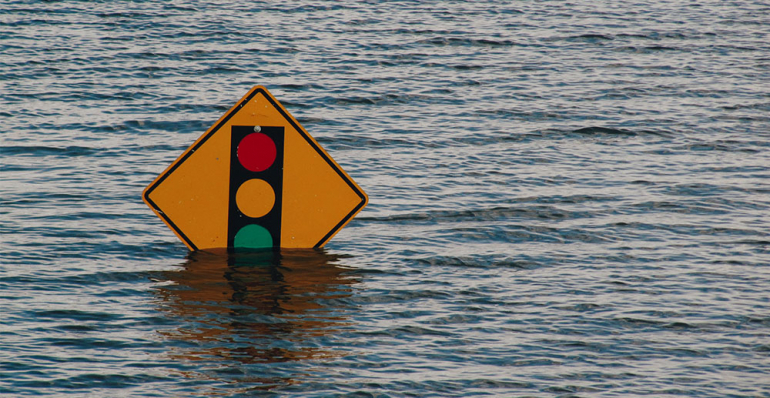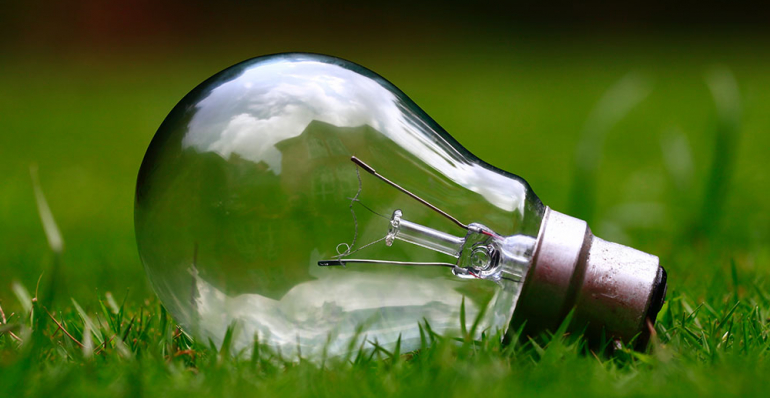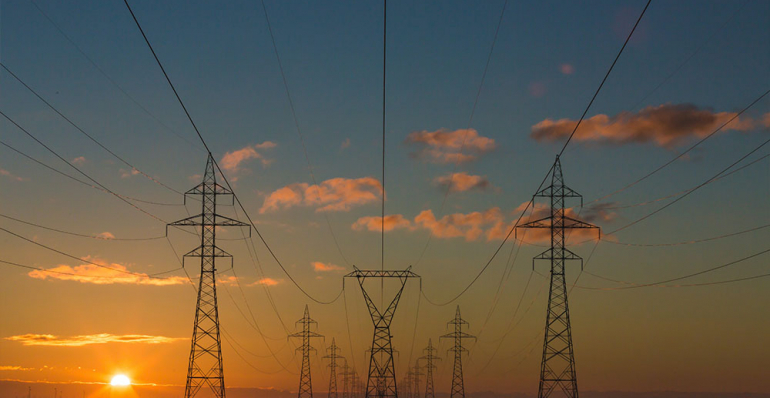Why a former punk rocker may be the first big test for public purpose in the water industry
- Posted By Martin Hurst
- Blog
Of all the utilities, water is probably the least prone to radical change. The first water infrastructure – wells and even some disposal of sewage - was developed over 6000 years ago. Water infrastructure in the Roman empire was more sophisticated than other utilities would achieve until well into the industrial revolution (and believe it or not some is still used today).
How can public utilities better address policy and regulatory risk to increase resilience?
- Posted By Sharon Darcy
- Blog
The last few weeks have seen important moves in the financial community to improve and increase reporting in terms of climate issues. Whilst the work of the Task Force on Climate-related Financial Disclosures[i] is to be warmly welcomed in terms of helping to tackle climate risk, on its own, this will not lead to resilience in UK utilities.










